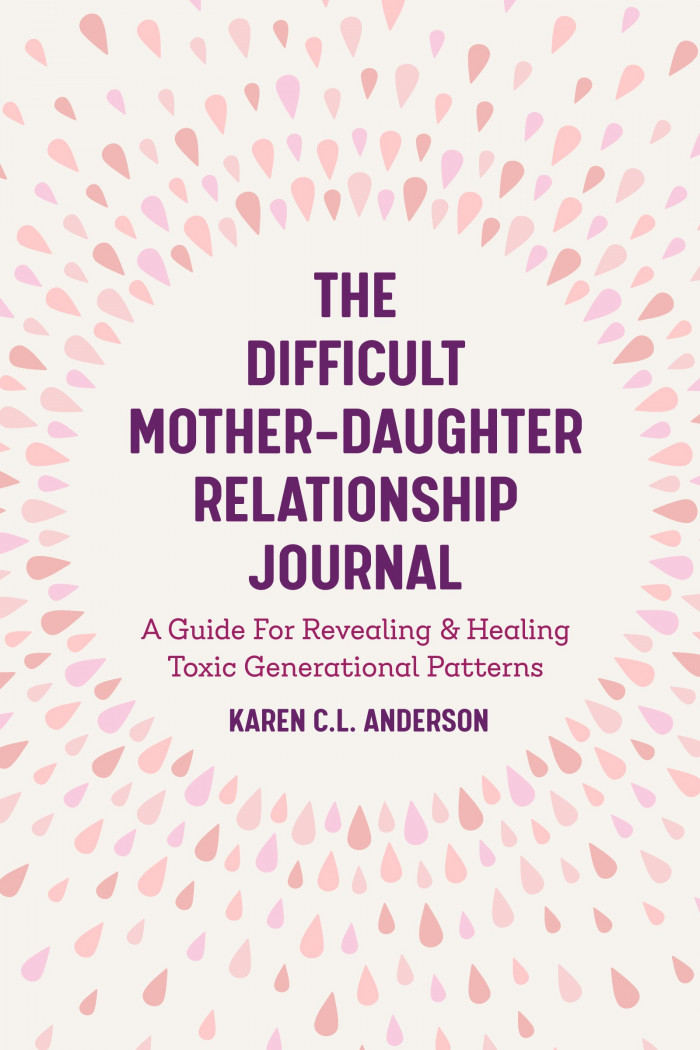One reason boundary setting feels hard is because of the way you think about it.
I have to set boundaries to protect myself from her bad behaviors.
Compare that to:
Boundaries are a way I can empower myself by focusing on my own behavior.
I get it. Sometimes it feels good to point your finger and say “Her behavior is bad/wrong and I don’t like it.”
But believe it or not, what makes setting boundaries harder, more unpleasant, and more uncomfortable (not to mention ineffective) is when you judge the behavior as being bad/wrong.
I can hear you now: if her behavior isn’t bad or wrong, then why set a boundary?
Because it’s okay to decide you don’t want to be around certain behaviors.
If you’ve been with me on this journey for a while, you may remember the story about my mother smoking in my car.
Scenario 1 (way back when): Mom and I are in the car. She lights up. I don’t like it but I don’t say anything. I think to myself, “How rude, she shouldn’t smoke in my car and besides, smoking is bad.” I seethe with resentment. Later I complain to my husband and friends. Nothing changes.
Scenario 2 (after a therapist told me to set boundaries): Mom and I are in the car. She lights up. Same thoughts, except this time I snap: “Can’t you wait until we get back??” Even though it’s cold, I roll down the windows. She rolls them back up again. It’s a clash of wills. I feel rage. Later I complain to my husband and friends. Nothing changes.
Scenario 3 (using the tools and concepts I now teach): Mom and I are in the car. I say, “Hey, I know you might want to have a smoke during the ride. Let me know and I’ll pull over so you can get out and have a cigarette.” She agrees. I feel proud of myself. I feel love. Later I share with my husband and friends how well it went…how easy it was. Everything changes!
When I believed that she was wrong and needed to change, I couldn’t set a healthy or effective boundary because I was trying to punish and manipulate her. I was judging her behavior as “bad” and that’s what we do to when people behave badly, right? We punish them. And for most of us, most of the time, that doesn’t feel good.
I had to get to the place where I wasn’t making moral judgments about her or her behavior in order to show up as an adult daughter (with the emphasis on “adult”) who can make a request without a lot of drama.
So that’s the surprising thing that will make setting boundaries easier: not judging her or her behavior as bad or wrong. It’s simply behavior you’ve decided you don’t want to be around.
But oh how we humans love to judge and point our fingers! I am a judger from way back and when I chose to no longer deny my judgmental ways I freed myself, not to mention I became less judgmental overall. There’s nothing like a little shadow work to become more whole. I digress…
Let’s take the smoking-in-the-car example one (hypothetical) step further.
Let’s say she lit up in the car even though I said I’d pull over so she could get out and smoke. Just thinking about it I can feel anger rising. My breathing becomes a bit shallow and I can feel my chest getting tight. “How dare she! She doesn’t respect me! She’s doing it on purpose because she wants to test me and push my buttons! She’s sick and crazy! Such a narcissist!”
I imagine slamming on the brakes, jerking the car over to the side of the road, and ordering her to get out of the car.
On one level that could be satisfying. I won’t deny it. But in the long run it would erode my self-respect because I would still be thinking that I am at her mercy and that she’s out to get me. I’d keep myself in a resentful, “less than” position. And I’d still be judging her behavior as bad and wrong.
I’m not saying anger is bad. It’s an emotion and all emotions are valid. When you’re aware and taking responsibility for your anger, the action you take as a result is different than the action you take responsibility for your anger.
It’s the difference between reacting and responding.
So, I might still feel anger. But instead of driving recklessly, at that point I might decide that in the future I would no longer drive together with her in the same car. Next time I might say, “I know you like to smoke in the car and I don’t want to make you stop, so because I prefer not to be around smoke, you take your car and I’ll take mine.”
There are two ways to will know you’re setting a healthy boundary: #1 you feel – at the very least, neutral, but even better, compassion – for yourself and her and #2 you aren’t trying to change her behavior.
Because when you focus on what she should or shouldn’t be doing, when you’re trying to control the relationship, you’re not focused on the one thing you have control over: yourself.
Bonus: with truly healthy boundaries, there’s usually very little to explain, justify, or defend. That is where your freedom lies.
What do you think?
Much, much love,
Karen
Original post found here.


